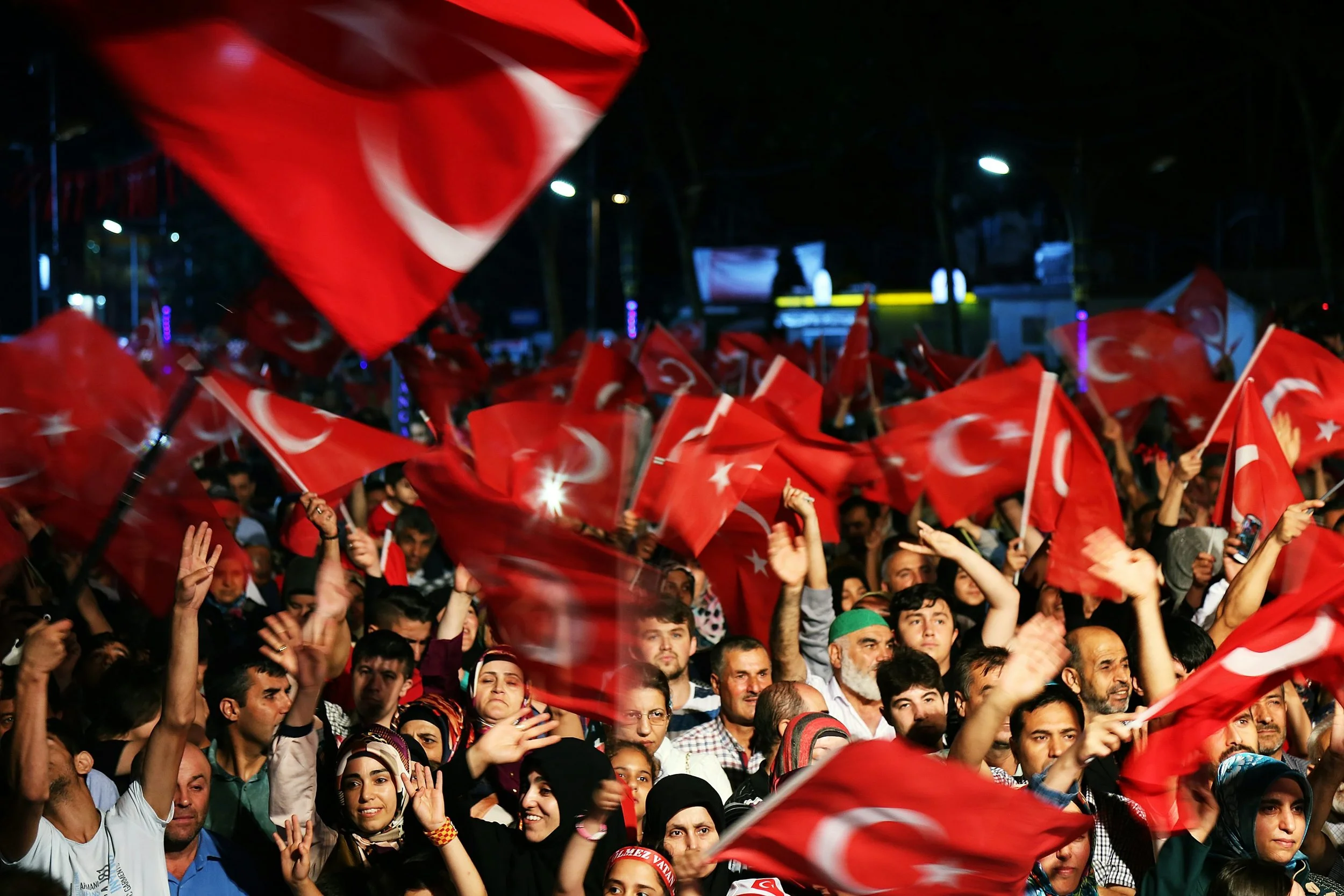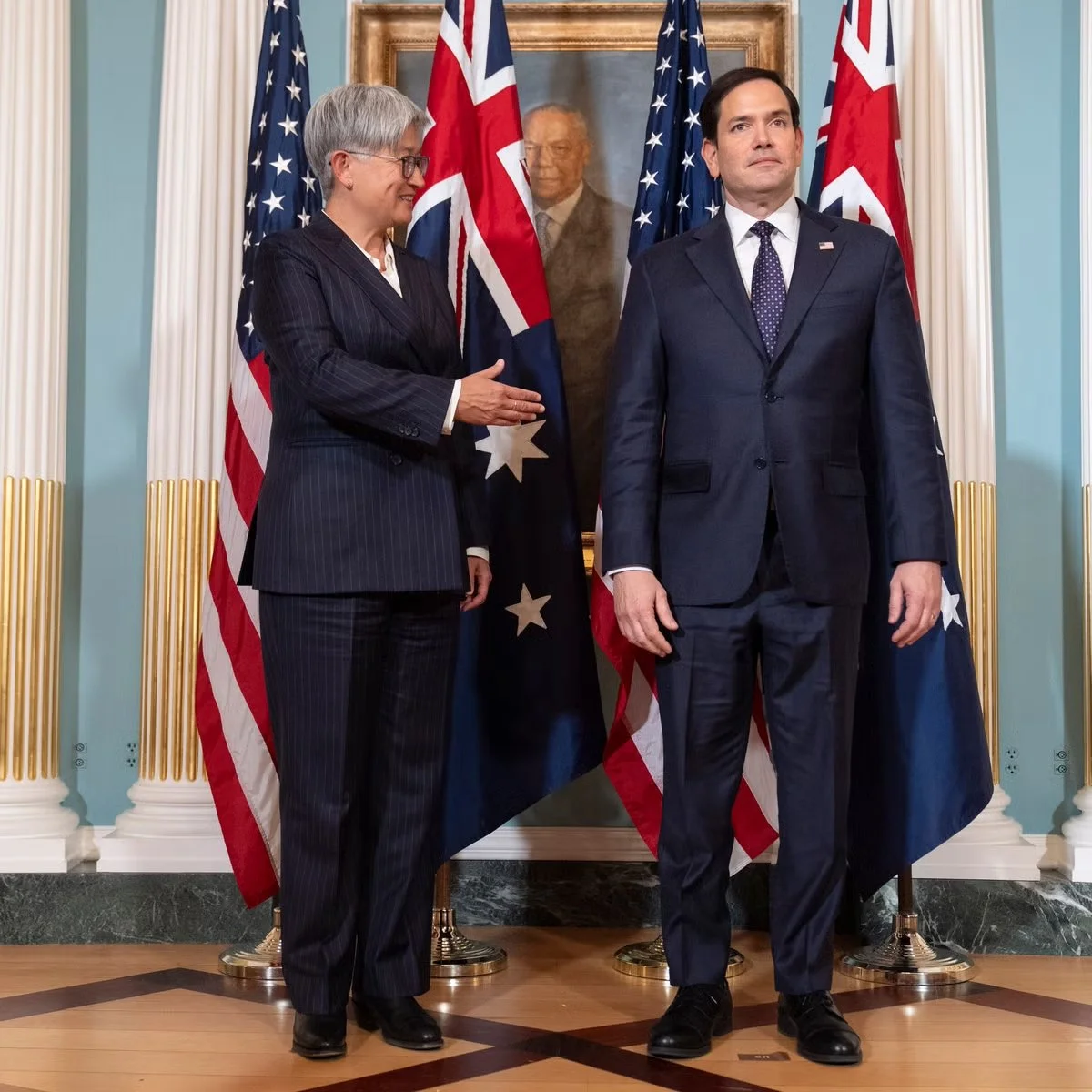Political Turmoil in Turkey: The Recent Unrest Following İmamoğlu’s Detainment
Tensions are high in Turkey, following the recent detainment of the most prominent rival presidential candidate, Mayor of Istanbul Ekrem İmamoğlu. Unrest is surging around the country, as a result from his corruption and aiding terrorist organisation charges. Almost 2,000 people have been detained in the wake of these protests, and current Turkish president, Recep Tayyip Erdoğan, has called them “street terrorism.”
President Erdoğan was reelected in 2023 and has been serving as president since 2014. However, he has been in a position of political power since 2003 as prime minister. The next presidential election is set to be in 2028, and the most competitive rival of Erdoğan as the incumbent is İmamoğlu. As of 19 March, İmamoğlu was jailed on corruption charges. This resulted in many protests breaking out in two-thirds of the country, and in 55 out of 81 provinces.
President Erdoğan does not have a stellar background or political history. He was mayor of Istanbul in 1994 for four years until he was jailed for four months after being convicted of ‘inciting racial hatred.’ He is also viewed as a figure for traditional Muslim values -- although these values are sometimes extreme, broad, and go against his stance that he supports Turks’ secular freedom of religion. For example, he has supported criminalising adultery and stated that ‘men and women cannot be treated equally.’ Furthermore, he supported converting the Hagia Sophia, formerly a museum, into a mosque.
İmamoğlu was set to be selected as the Republican People’s Party’s (CHP) nominee for the 2028 presidential election. On the other hand, Erdoğan is a part of the ruling party of Turkey since 2002, the Justice and Development Party, also known as the AK Party. These protests and unrest have been the worst the country has seen in over a decade. Police have been using rubber bullets, tear gas, pepper spray, and water cannons to deter the protestors.
Similarly, this bears an eerie resemblance to Russia’s jailing and the suspicious death of Putin’s opposition, Alexei Navalny. Turkey is clearly on a dangerous path, and President Erdoğan is at the forefront. Having already been in power for 20 years, there is a strong sense that Erdoğan will attempt to stay in power despite the upcoming 2028 elections. This also will bring into question the legitimacy of the 2028 elections if Erdoğan does get reelected. Possibilities of debates about the legitimacy of the government may arise. Additionally, Istanbul University is in the process of revoking İmamoğlu’s degree because of supposed inconsistencies, which would prevent him from running for office at all.
Many fear that Turkey is headed towards ‘endless Erdoğan rule.’ While the opposition leader was charged with corruption, the true corruption seemingly lies within the Erdoğan administration. However, Turkey has proven to be an important player in international conflicts and a crucial mediator, especially in the Israel-Hamas and Russo-Ukrainian Wars. Therefore, İmamoğlu’s arrest did not garner much international scrutiny. However, this is a major indication of the corrupt direction Turkey is headed as a nation under Erdoğan. Turkey may be at risk of repeating Syria’s history, where a singular leader becomes a dictator and rules for decades that ends in a potentially militarized coup. To mitigate this risk, Erdoğan and his government must be held accountable by international courts and investigations.
Image courtesy of Faruk Melik via Unsplash, ©2017. Some rights reserved.
The views and opinions expressed in this article are those of the author and do not necessarily reflect those of the wider St. Andrews Foreign Affairs Review team.



